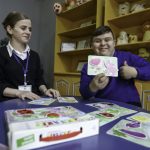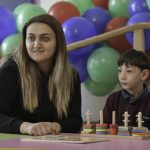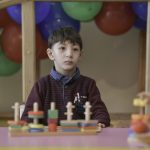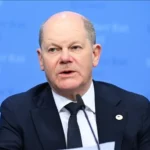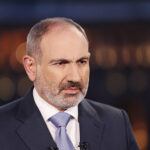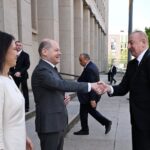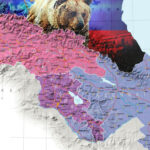Six years later, his social skills have developed to a level appropriate to his age. “I have always wanted Shahin to have friends and be able to earn his living,” says his mother Firangiz Guliyeva. “Now, Shahin can freely leave home by himself and go to work, use transport, and go shopping. Our house is near the university, Shahin goes there in his free time, spends time with students, and tries to learn something new from them.”
The Centre in Agjabadi district was set up in 2013 with the aim of expanding the opportunities for inclusive education for children with special needs living in the regions. Since 2018, it has benefited from the support of the ‘Development of Community and Family-based Integrated Social Services for the Most Vulnerable Children in Azerbaijan’ programme, funded by the European Union and implemented in partnership with UNICEF and local NGOs. The centre provides rehabilitation services not only for Agjabadi district, but also for children living in the surrounding areas, helping thousands of children to adapt to society.
The programme aims to create an environment in which more vulnerable, at-risk and under-served children and young people can access quality services, support and opportunities, developing Early Childhood Development community-based social services for children and youth friendly services across selected districts of Azerbaijan.
In line with this objective, the programme recently also opened a series of community-based preschool training centres in Ganja city, in Garargah settlement of internally displaced people from Kalbajar district, and in the villages of Garavelli and Ranjbarlar in Agjabadi district. Working with trained mentors, these centres hold regular group sessions for children aged between three and five, providing services to some 100 children.
Four-year-old Kanan is one of those children attending the centre in Ganja. Kanan has been diagnosed with congenital microcephaly, affecting his ability to communicate, including speech delays. After just one and a half months at the centre, Kanan is now showing active socialisation and skills development.
Kanan’s mother Khayala says that before coming to the centre, he used to run away from other children, did not want to be touched, and did not even want to get up from where he was sitting. He couldn’t recognise fruits or vegetables. “And now I see significant improvement in Kanan after just one month. He knows fruits and vegetables, holds hands and plays games with children. It makes me very happy as a mother.”
Project manager Rovshan Novruzov says the community-based preschool training centres were set up in villages and settlements without existing kindergartens or child development centres. “There was a great need for these centres,” he adds: “We can really say they have brought a breath of fresh air to the communities.”
Sessions organised at the centres aim to develop skills and concepts in children, and include disciplines ranging from speech development and physical education, to arts and music, and the development of logical thinking.


